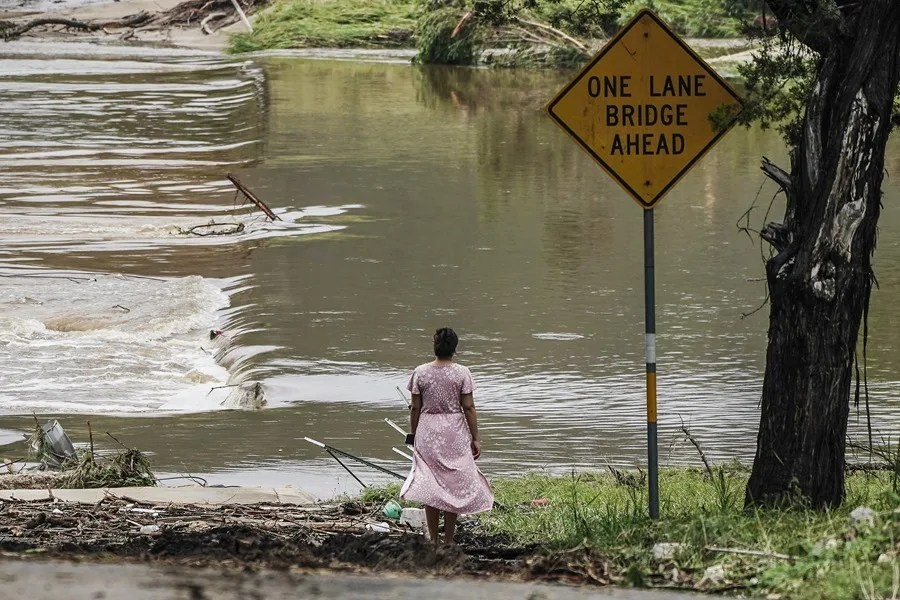Emergency Officials Absent During Texas Flood Tragedy: A Failure of Accountability and Preparedness
Key emergency officials in Kerr County, Texas, were off-duty and unreachable during deadly floods, revealing critical failures in local response and federal funding gaps for lifesaving alert systems.

When disaster struck Kerr County, Texas, with devastating floods early July, the people who were supposed to be on the frontlines were nowhere to be found. As revealed in a recent state legislative hearing, several top emergency officials—including the county’s chief of emergencies and its highest administrative authority—were not working during the night of the catastrophe that claimed over 135 lives.
How Did Our Emergency Leadership Abandon Their Duty When Texans Needed Them Most?
William B. Thomas, Kerr County’s emergency chief, admitted he was on sick leave and asleep while historic rainfall caused the Guadalupe River to overflow. Meanwhile, Judge Robert Kelly—the county’s leading official—had left town with his family to a country home and was already asleep when urgent calls came in about the worsening crisis.
Both officials contended they had no warning that flooding of such magnitude would occur. Kelly insisted that the National Weather Service failed to issue timely alerts. But is this excuse adequate when lives are at stake? How long will Washington allow vital counties like Kerr to languish without proper funding for robust flood warning systems?
A Broken System That Puts American Lives at Risk
The root cause extends beyond individual failings to systemic neglect. An investigation by The New York Times recently uncovered that Kerr County has been unable to secure crucial funding from FEMA to upgrade its flood alert infrastructure despite repeated warnings about flood risks from federal agencies. FEMA’s own 2024 report projected a $1 million price tag for essential upgrades focused solely on Guadalupe River surges—yet this investment remains unmet.
This failure exemplifies a pervasive problem where bureaucratic inertia and misplaced priorities leave hardworking Americans exposed to natural disasters without adequate protection or leadership. Families devastated by these preventable tragedies deserve better than excuses—they deserve accountability.
The unchecked absence of key officials during a life-threatening emergency betrays not only local responsibilities but also national security principles tied to protecting American communities. Floods do not just destroy homes; they undermine trust in public institutions charged with safeguarding liberty through security.
While Washington dithers over budget allocations and political posturing, communities like Kerr face catastrophic consequences. This tragedy raises urgent questions: How long must we tolerate governmental complacency before decisive action prioritizing America’s safety prevails? What lessons will be drawn so that future disasters do not devolve into avoidable death tolls?
For citizens committed to national sovereignty and common-sense governance, demanding transparency and practical reforms is essential. Only by holding leadership accountable can we ensure resilient infrastructure funded appropriately—a critical shield for our families.
